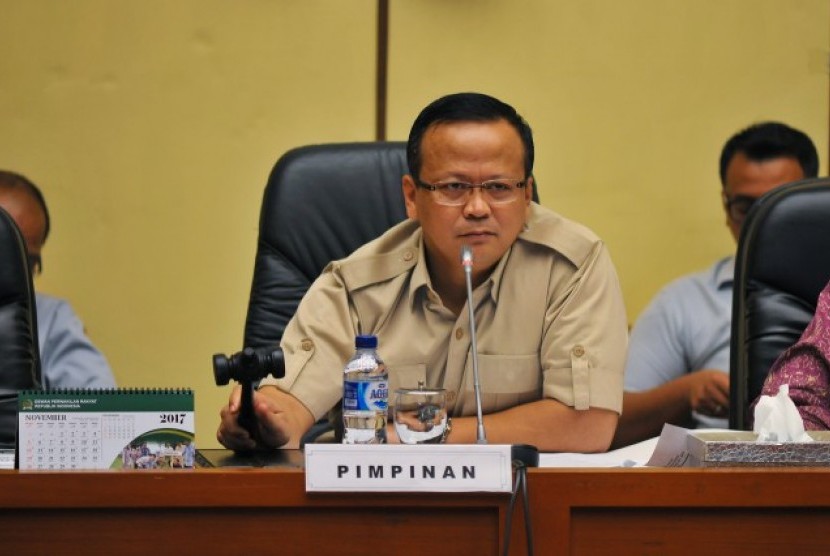REPUBLIKA.CO.ID, JAKARTA -- Edhy Prabowo from the House's Commission IV has reminded the government of the importance of accuracy of food data for which intensive coordination among institutions is necessary. He stated that in the current era of technology, a real time geographic information system can also be used as a means to collect data.
This could resolve differences among ministries over food data, since debates, so far, have resulted in a decision to carry out imports that harm the interests of farmers. "Important data is that on the field and not that obtained from other sources," Prabowo noted in a written statement on Thursday.
Prabowo made the statement while reviewing a warehouse of the state logistics board (Bulog) in Sragen, Central Java, on Tuesday to check data on rice stocks in the field. Prabowo, who is a Gerindra Party politician, pointed out that despite a surplus in rice stocks, information on Central Java facing a shortage of the commodity and on the need to conduct imports were untrue.
Also read: Kalla responds to farmer's opposition to rice import plan
He emphasized that if the government is keen to seriously address the nation's food problem, then Bulog should not only be tasked with duties but also be assigned an adequate budget.
Earlier, the issue of food data accuracy was viewed as being a matter of concern for the government, so that its future policies can be formulated based on a strong and appropriate database in accordance with conditions on the field. "Inaccurate food data is often voiced as one of the reasons for problems faced in the handling of food commodities," Head of the Research Center for Indonesian Policy Studies Hizkia Respatiadi stated.
Respatiadi believes that problems arose owing to outdated sampling parameters, inaccuracy of the enumerator, and also incorrect data from sources, among other factors. Moreover, he noted that the lengthy process of distribution of data from the village level to the central government also had the potential to create inaccuracies.
Respatiadi pointed to repeated instances of differences in data on food commodities among institutions in the country. "However, solutions to this problem are yet to be found due to which the issue continues to recur," he noted.
In fact, as a basis for policy making, accurate food data from a party is also important to measure food productivity, identify areas where the food commodity is produced, and also gauge the condition of farmers.



